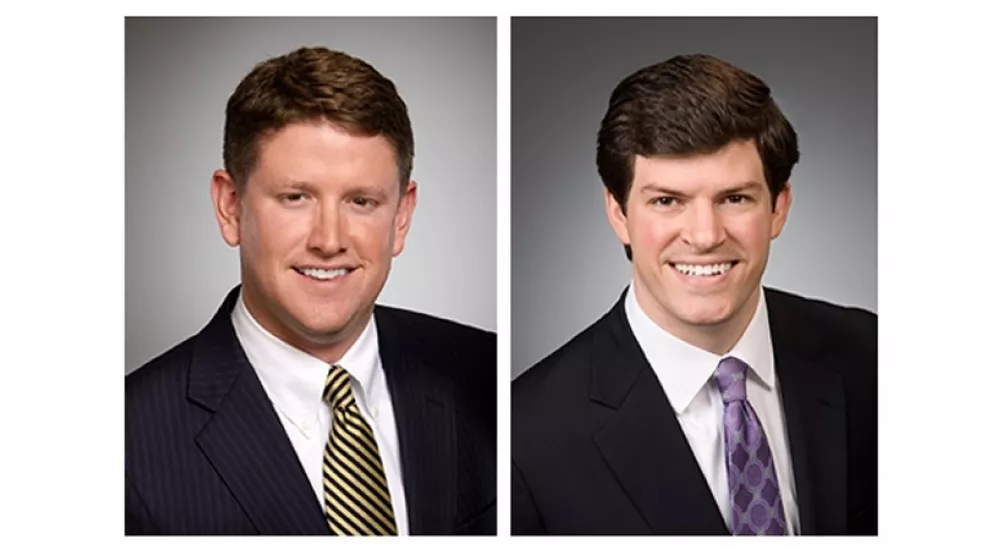
As South Carolina continues to develop into a business-friendly environment with a diversifying economy, many in the state are opening and maintaining small businesses. As of July 31, 2015, Wells Fargo is the leading SBA (Small Business Administration) 7(a) lender in South Carolina, based on units (91) and dollars ($23.3 MM). Carolina Money caught up with Holt Chetwood, Wells Fargo Midlands Market President and Blake Montgomery, Wells Fargo Business Development Officer in Columbia, to further understand the SBA loan process and the essentials to opening a small business.
Q1: What are the main things someone should know before seeking a small business loan?
BM: There are several places to start. First, a small business owner should ask themselves, “Why do I need a loan, and what am I going to do with the proceeds?” Many times, small business owners think they need a loan for one reason when in reality, something else is causing the need. A loan for real estate can be obvious; however, a loan for working capital can be more difficult to uncover the reason. Our bankers are trained to help owners walk through their financials and provide advice. Second, it is helpful to understand your business financials. Having three years of business and personal tax returns available will be key to underwriting a request. Lastly, a business plan brings together the loan need and how the company plans to repay it. A business plan can be very simple or very complex. At the end of the day, it helps make the case for the loan.
Q2: What factors do banks like Wells Fargo consider when giving a small business loan?
HC: Depending on the size of the loan, many factors go into the decision-making process. Since every request is different, we underwrite loans on a few basic principles. Our first question is what is the ability to repay the loan? This covers historical financial performance and projections for the future. Next, we examine how is the loan secured and what is it for? The value of the assets pledged must be greater than the loan. The last key question is when is the loan repaid? Loans against assets like buildings and land are repaid over 20 to 25 years while loans for equipment are usually three to five years.
Q3: What do you think or what qualities make a small business more likely to succeed?
BM: There are several key trends we see with small businesses. First, be prudent with debt. Many companies we see have poor debt structures or took out too much debt too early. This can hamstring growth and limit the company’s ability to take advantage of the right opportunity. Second, developing a business plan is an often overlooked feature of many small businesses. Understanding the existing business and planning for the future are key points to keeping business on track. Lastly, create a team of advisors. This can be as simple as your banker, attorney and accountant. Utilize the resources available and ask for advice.
Q4: What are some common misconceptions or errors small businesses make when seeking financial backing?
BM: A common mistake is not understanding the commercial loan process compared to residential and personal loans. Especially if it is a first time commercial borrower, it can be difficult to understand loan maturities, balloon payments, shorter amortizations and higher down payments that are not common with personal loans.
Q5: How do small businesses contribute to the local economy?
HC: They are the largest net driver of new jobs and wealth creation in a community.
Stay tuned to Carolina Money for more small business and finance news.
